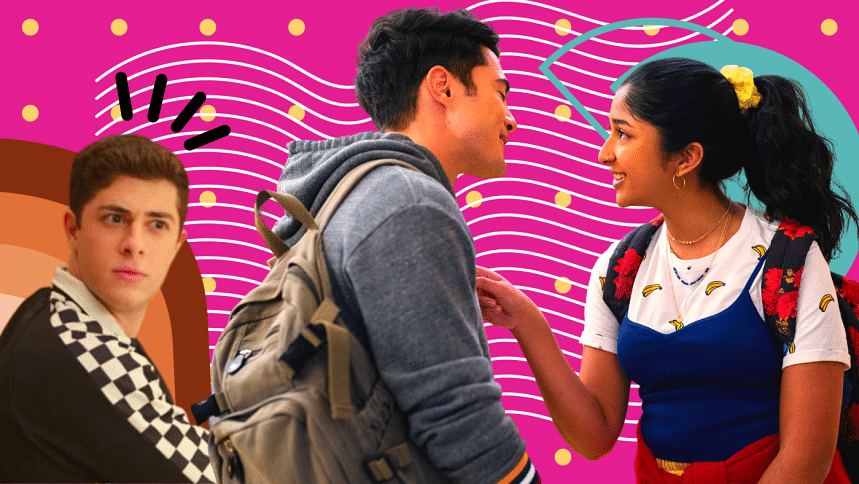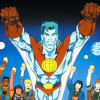Navigating adolescence with Never Have I Ever

Never Have I Ever follows teenager Devi Vishwakumar as she navigates all the usual trials and tribulations of being a teenager. The show highlights Devi's desperate attempts to be in line with the rest in Sherman Oaks High while learning to embrace her cultural identity.
During its initial seasons, the show's popularity grew due to South Asian teenagers resonating with the pure chaos of dating and intricate relationships: all in good, binge-worthy humour.
Anyone who has watched a few episodes of the new season will know this show's penchant for romantic plot twists and questionable life choices. Unpredictable would be an understatement if we were to calculate Devi's moves, let alone rationalise them.
In Seasons 1 and 2, the show made a priority of exploring Devi's unprocessed grief following her father's untimely death. However, this season has been criticised heavily for being far more centred around romance and moving through relationships too fast. This is also true for the rest of the cast.
It's fun to see stock characters develop their narratives beyond classroom-winning one-liners. However, the sheer number of relationships examined this season means some are left inconclusive and follow extremely linear storylines. A majority of the audience hopes for more well-rounded endings for each character in the next season, which will be its last.
However, Never Have I Ever grows in other ways this season. Hints of cultural attributes and the problems that come with them are explored in a nuanced storyline.
Enter Devi's cousin Kamala Nandiwadal and her relationship with Devi's English teacher, Manish Kulkarni.
Devi's grandmother Nirmala objects to this relationship due to Manish's "Wikipedia-level" understanding of India. This storyline speaks to a universal issue for many third culture kids: are we connected to our culture? How connected do we want or have to be in order for our identities to be valid?
Some have argued that the new season tried too hard to cater to white audiences. Many complain that the show is slowly making its way to being a generic high school rom-com. On the contrary, others say it uses universal themes to explore a culture, and what it's like to be a high-schooler today.
Elsewhere, there's a thematic shift in the series. We see a wider focus on identity, self-esteem, and change. Questions of personhood and feeling deserving of love are centralised.
While Devi is characteristically impulsive, her character exhibits personal growth in quieter ways. For starters, Devi and her mother argue a lot less. There may be some iced coffee being thrown in people's faces, but Devi appears to be en route to self-learning.
It is true that at times, the show could have slowed its pace. Yet, the writers and cast have a phenomenal and fresh approach to each circumstance, uplifting the series. This makes Never Have I Ever a rom-com we'll always come back to, whether it's because we find ourselves in a maze of adolescence, or just need a hearty laugh.
Shanum closely resembles a raccoon, send her reasons to cut down on caffeine at [email protected]

 For all latest news, follow The Daily Star's Google News channel.
For all latest news, follow The Daily Star's Google News channel. 








Comments